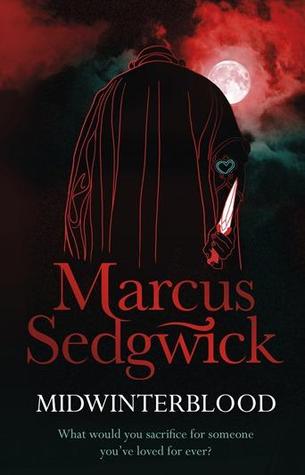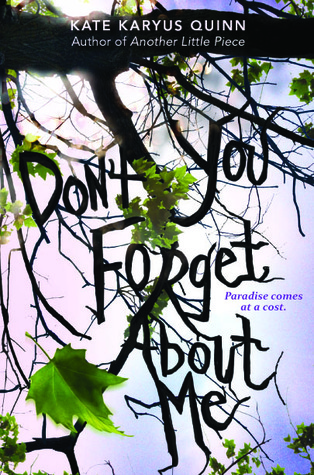
Have you ever had the feeling that you've lived another life? Been somewhere that has felt totally familiar, even though you've never been there before, or felt that you know someone well, even though you are meeting them for the first time? It happens. In 2073 on the remote and secretive island of Blessed, where rumour has it that no one ages and no children are born, a visiting journalist, Eric Seven, and a young local woman known as Merle are ritually slain. Their deaths echo a moment ten centuries before, when, in the dark of the moon, a king was slain, tragically torn from his queen. Their souls search to be reunited, and as mother and son, artist and child, forbidden lovers, victims of a vampire they come close to finding what they've lost. In a novel comprising seven parts, each influenced by a moon - the flower moon, the harvest moon, the hunter's moon, the blood moon - this is the story of Eric and Merle whose souls have been searching for each other since their untimely parting (Goodreads).
Midwinterblood won the Printz award this year. I can see why. It's certainly an interesting, engaging read. The way it was framed was intriguing, leaving you confused and guessing for most of the book. I enjoyed it. It was not the best thing I read all year, but then the Printz committee doesn't ask me.
The book goes backwards. We start in 2073, with journalist Eric Seven arriving on the strange island of Blessed with a specific task in hand - find out about a mysterious flower that possibly has the power to prolong life. However, once he arrives on the island he begins to forget why he's there, along with the rest of his life. But he has a strange feeling that he's met a woman, Merle, before. As Eric is about to be killed as a sacrifice, we go back in time.
At first there was a bit of consistency how far we'd go back, the first few times it was around 50 years, but then as we got father back there were bigger jumps. In each life, there's a Merle and an Eric. In each life (for the most part) Merle lives and Eric dies. Their relationships are different each time, sometimes they're brother and sister, sometimes they're lovers, sometimes they're parent and child, but each relationship is one of love. Often, but not always, Eric would sacrifice himself in some way so that Merle could live. It all went back to the first life, when Eric was sacrificed but promised his wife, Merle that he would come back seven times and find her, and so they keep living different lives, but each time Eric dies and they don't get to be together.
I liked the story, but the little inconsistencies bothered me. Why did Tor (a character that often served the role of parting Eric and Merle) only show up in some of the lives? Why, if Eric died in each of the lives, sacrificing himself for Merle in some way, he didn't die, at least not that we saw, in the second to last life? Why, in 2073, did no one seem to know that it was drinking the tea made from the flower that was keeping people from having children? What was the whole vampire thing? Were the people on the island in 2073 supposed to be vampires too? What was the thing with Eric Seven's parent's religion that was alluded to? Was I just not reading carefully enough and all these questions were answered? I thought there were a lot of holes.
An interesting read for a thoughtful reader. Unlikely to have mass appeal.




